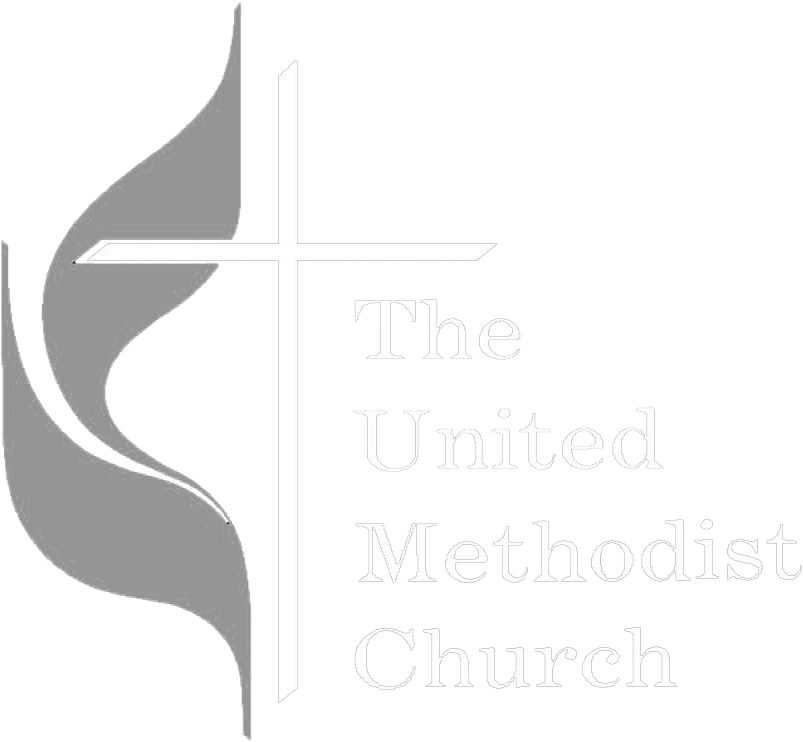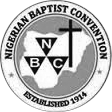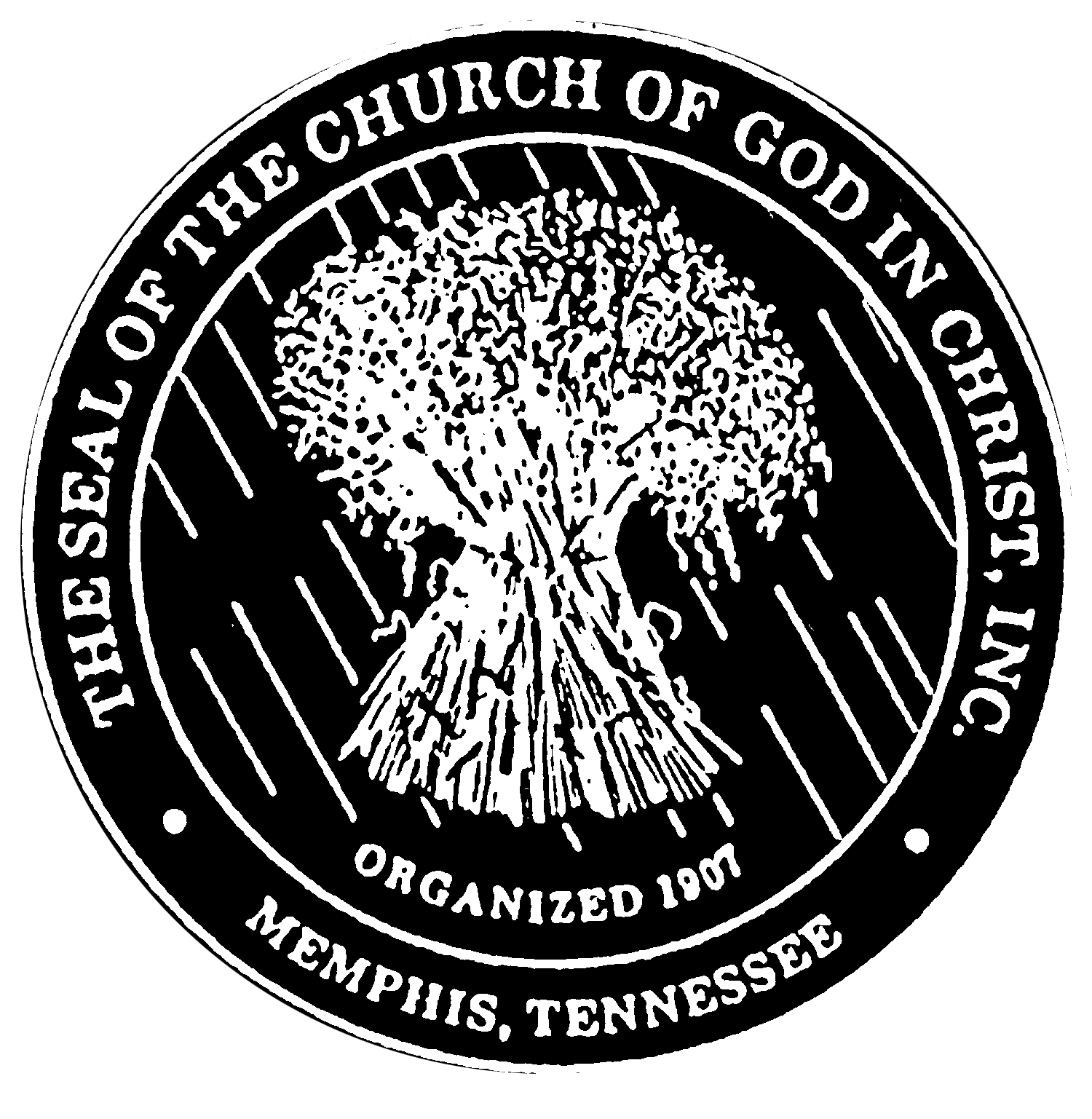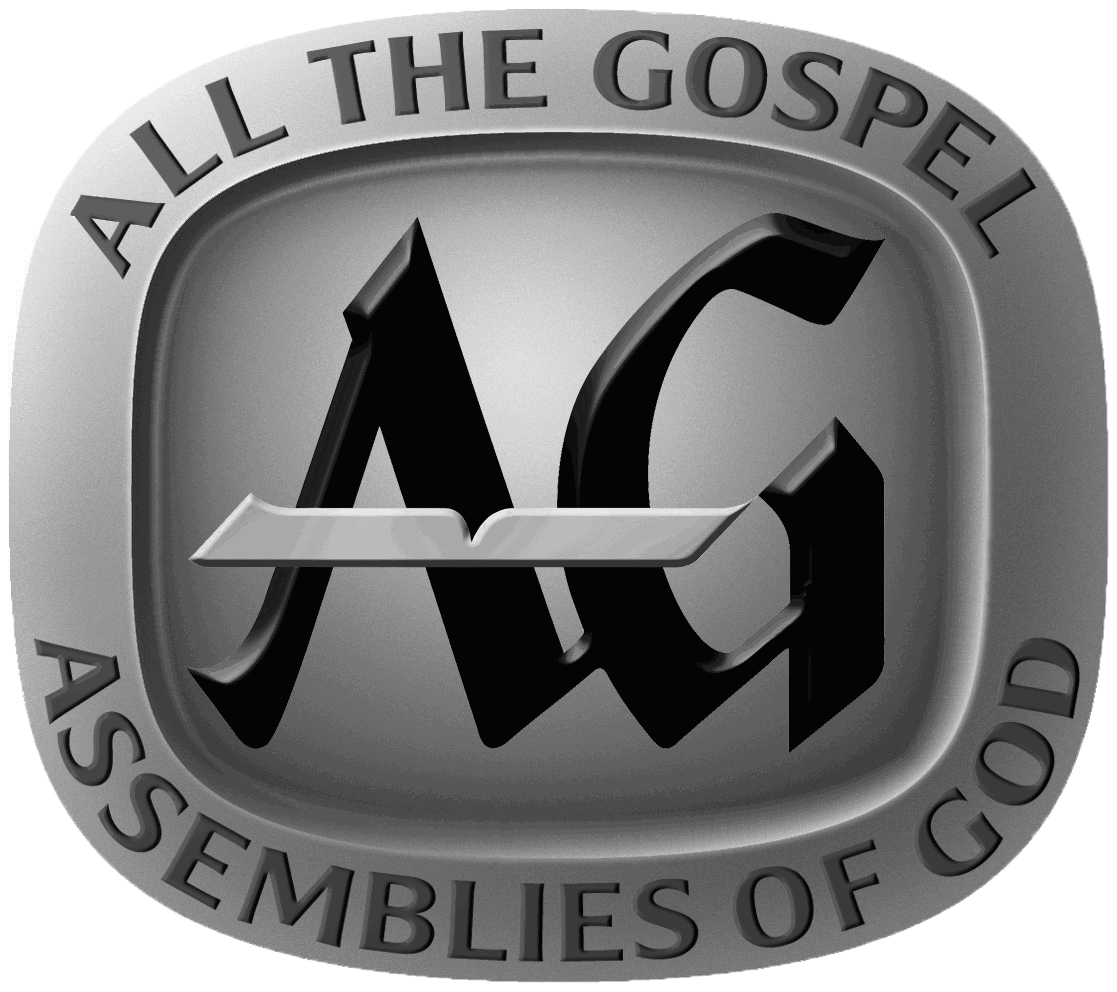Preaching To Save The World

Dear Visionary Leader:
It has been said, “The Church has been to Calvary for pardon, but not to Pentecost for power.” This is the day for Pentecostal substitutes. Instead of taking the real power of Christ, we were to produce our own fireworks. We live in the day of programs, propaganda, pep, and promotion. We try to duplicate what the Holy Spirit did on the day of Pentecost.
Vance Havner once said, “The average one of us is so afraid of going out on a limb, that we never bother to climb a tree.” On the day of Pentecost, Peter preached a sermon. His sermon touched the hearts of thousands of people. Spirit-filled Christians can expect bountiful results from their evangelistic endeavor when they apply the actions of Peter to their personal lives.
We Need To Explain The Spirit To The World (Acts 2:14-21)
 Our text carefully shows us how to explain the Holy Spirit to both the lost and the saved. First, we need to speak with the saints (v.14a-b). Notice the steps: 1) standing up (v.14a-b), “But Peter, standing up with the eleven…”; 2) speaking out (vv.14c-f), “…lifted up his voice, and said unto the, Ye men of Judea, and all ye that dwell at Jerusalem…” (includes visitors and residents); and 3) staying firm (vv.14g-15), “…be this known unto you and hearken unto my words: for these are not drunken, as ye suppose, seeing it is but the third hour of the day.”
Our text carefully shows us how to explain the Holy Spirit to both the lost and the saved. First, we need to speak with the saints (v.14a-b). Notice the steps: 1) standing up (v.14a-b), “But Peter, standing up with the eleven…”; 2) speaking out (vv.14c-f), “…lifted up his voice, and said unto the, Ye men of Judea, and all ye that dwell at Jerusalem…” (includes visitors and residents); and 3) staying firm (vv.14g-15), “…be this known unto you and hearken unto my words: for these are not drunken, as ye suppose, seeing it is but the third hour of the day.”
It was not customary for Jews to be drinking before 9:00 A.M. It was time for devotions before 9:00 A.M. This was especially true on Sabbath, a feast, or on a festival day. This happened during the feast of harvest of Pentecost. The custom was so widespread that Peter does not need to explain it any further.
Second, we need to share the Scriptures (vv.16-21). We are living a prophetic timeframe. Peter contextualizes his message by explaining the fulfillment of prophecy (v.16), “But this is that which was spoken by the prophet Joel.” Peter began his message by appealing to the Old Testament. By quoting the Scriptures, Peter allowed the Holy Spirit to do the speaking. Peter said, “This is that.” Prophecy was being fulfilled in that exact moment.
Next, Peter explains the act of prophecy (vv.17-21) through the Spirit of God (vv.17-18) as to timing, “It shall come to pass in the last days” (v.17a). The term “last days” was an Old Testament expression to designate Messianic times. It referred to the time that Messiah would come. Throughout the Old Testament, the prophets spoke of the “last days.”
In addition to Peter articulates this prophecy as to its truth (vv.17b-18). We read, “…saith God, I will pour out of my Spirit on all flesh: and your sons and your daughters shall prophesy, and your young men shall see visions, and your old men shall dream dreams: And on my servants and on my handmaidens, I will pour out in those days of my Spirit; and they shall prophesy.”
Let’s unpack what Peter is teaching. He brings in the Hebrew world (v.17b-f). Obviously, “your sons,” “your daughters,” “your young men,” “your old men,” deal with the Jewish people. On the day of Pentecost, the Holy Spirit was first outpoured upon the Jewish people.
However, Peter’s message brings in the Heathen world (v.18). We read, “And I will show wonders in heaven above, and signs in the earth beneath; blood, and fire, and vapor of smoke. The sun shall be turned into darkness, and the moon into blood, before that great and notable day of the Lord come.”
It is evident from this reference to the “day of the Lord” that Pentecost was only an atrial fulfillment of Joel’s prophecy. The Old Testament prophets did not see the church age. They only saw that the Messiah would come and set up His kingdom. The church was a mystery.
Peter did not expect a two-thousand-year period of time before the Messiah’s return. To Peter and the others, the last days began when the Messiah came to Jerusalem. We have been living in the last days since Jesus came 2,000 years ago. Earlier we saw that Peter taught about the Spirit of God, but now he brings in the salvation of God (v.21). We read, “And it shall come to pass, that whosoever shall call on the name of the Lord shall be saved.”
Peter sounds the dominant theme of his sermon. It is salvation to all! The reason the Lord has waited so long to return is because He is allowing more people to be saved.
We Need To Exalt The Saviour In The World (Acts 2:22-36)
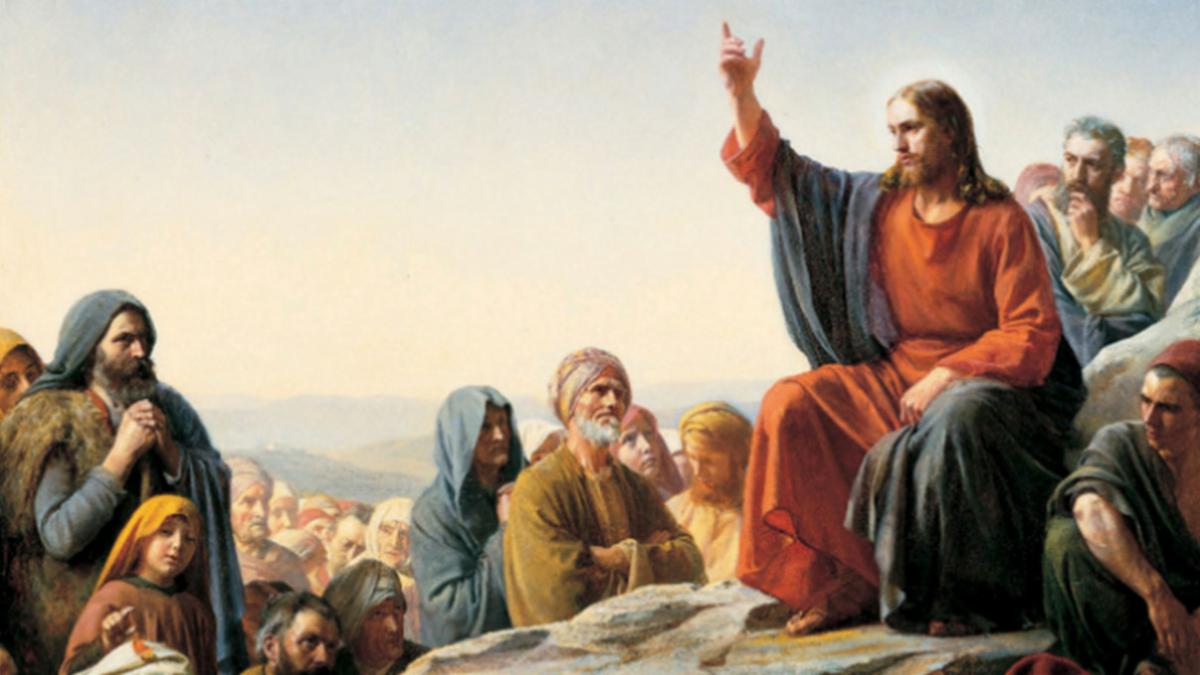 We need to speak of the demonstrations of Jesus (v.22). We read, “Ye men of Israel, hear these words; Jesus of Nazareth, a man approved of God among you by miracles and wonders and signs, which God did by him in the midst of you, as ye yourselves also know…”
We need to speak of the demonstrations of Jesus (v.22). We read, “Ye men of Israel, hear these words; Jesus of Nazareth, a man approved of God among you by miracles and wonders and signs, which God did by him in the midst of you, as ye yourselves also know…”
Peter begins with a confident demand for their attention. He says that God did it and you saw it. He clearly shows the person of Jesus (v.22c), “Jesus of Nazareth.” This was the common name of Jesus. This was the nae the Jews used to mock Jesus. They believed that nothing good ever came out of Nazareth. Next, Peter preaches about the power of Jesus (v.22c-f). He states, “A man approved of God” is a rich statement, with many shades of meaning. In Corinthians 4:9, it means to put something on display. It also means to bring evidence to prove your point (Acts 25:7). In II Thessalonians 2:4, it means to proclaim someone to a high office. Therefore, in this one word, there is the whole picture of Christ. You have God in human flesh on display, proving who he claims to be, and proclaimed to be the Messiah. Christ was proven to be the Messiah by the “miracles,” “wonders” and “signs.” These are overwhelming evidences to prove that Jesus was the Messiah.
Jesus performed miracles. In other words, He created things. For example, He touched blind people and recreated eyes to see. He gave hearing where there was no capacity to hear. Jesus gave others a voice to speak. Then, one day, He stood by the grave of Lazarus and proved the acid test. Lazarus came out of the grave.
“Miracles” deals with the powerful deeds of God. “Wonders” concerns itself with the response of people. It is what the miracle appears to be in the mind of the beholder. “Signs” has to do with the intention. These were mighty deeds to cause people to wonder so that they might become “signs.” A sign is to point someone to something else. It identifies something else. There is no sign itself. Jesus’ signs pointed to something else. Jesus performed miracles to teach a spiritual truth. He did no miracles as an end in themselves. For example, in Luke 5 there was great catch of fish. There was so many fish that the boat began to sink. Then Jesus told Peter that he was going to be a fisher of men.
Therefore, Jesus proved that He was the Messiah. The world is not ignorant. The evidence was overwhelming.
Second, we need to speak of the death Of Jesus (v.22a). We read of the counsel of God (v.23a). Peter preaches, “…Him, being delivered by the determinate counsel and foreknowledge of God. On one occasion, Jesus said, “No man taketh my life from me, but I lay it down for myself (John 10:18). The death of Christ was foreknown of God in a past eternity.
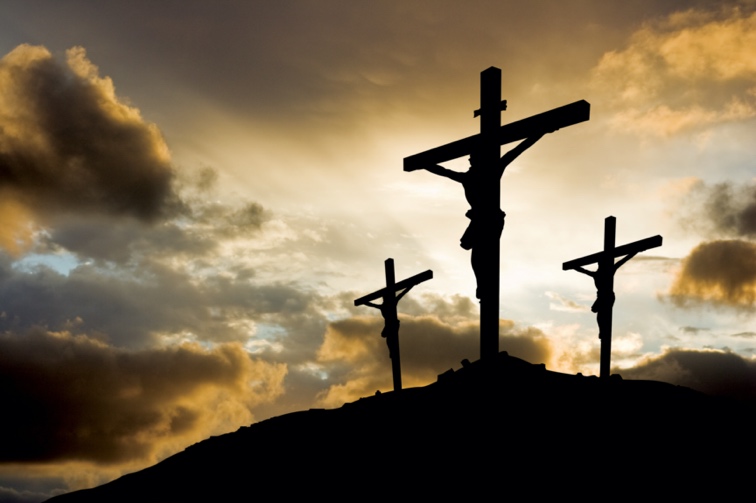 Next, we read of the crucifixion of Christ (v.23b). Peter states, “…ye have taken, and by wicked hands have crucified and slain.” God’s foreknowledge does not absolve man from his fearful guilt. Men crucified Christ. It was the most wicked thing ever done on this sin-cursed planet. Man’s hands are stained with Jesus’ blood.
Next, we read of the crucifixion of Christ (v.23b). Peter states, “…ye have taken, and by wicked hands have crucified and slain.” God’s foreknowledge does not absolve man from his fearful guilt. Men crucified Christ. It was the most wicked thing ever done on this sin-cursed planet. Man’s hands are stained with Jesus’ blood.
Third, we need to speak about the deliverance of Jesus (v.24). Listen to what Peter said: “Whom God hath raised up, having loosed the pains of death: because it was not possible that he should be held by it.” It was not possible because Christ was sinless. “The wage of sin is death,” says the Scripture. He did no sin. So, He could not die. But die He did. He died because He was made sin for us. While we are speaking and highlighting the deliverance of Jesus, we need to speak about the deity Of Jesus (vv.25-36). These verses are absolutely amazing! David foresaw it (vv.25-28). Peter carefully unpacks this power prophecy. David foresaw:
- before his face (vv.25-26a). “For David speaketh concerning him, I foresaw the Lord always before my face, for he is on my right hand, that I should not be moved: therefore, did my heart rejoice, and my tongue was glad…”This is a quotation from Ps. 16:8-11. David sees the Lord on the cross in Psalm 22 and 69. In Psalm 16, David sees Christ risen and ascended. This was a stunning blow to Peter’s listeners. Christ had conquered sin, Satan and the sepulcher.
- through his faith (v.26b). Peter says, “moreover also by flesh shall rest in hope.” This is a primary reference to the body of Christ lying in the grave. Jesus knew that his body would not see corruption. David’s confidence was in the Lord’s resurrection. Christ’s resurrection is the guarantee of ours in the future.
- by his facts (v.27). We read, “Because thou wilt not leave my soul in hell, neither wilt thou suffer thine Holy One to see corruption.” The word “leave” literally means “forsake” or “abandon.” At death the Lord Jesus committed His Spirit to His Father in heaven. His soul went down into “hell” (Hades). The prison house of departed souls. The title “Holy One” guaranteed that no corruption would taint the Lord’s body during this time. In other words, the Lord’s body did not even begin to decay before the resurrection.
- in his feelings (v.28). We read, “Thou hast made known to me the ways of life; thou shalt make me full of joy with countenance.” It blessed David’s soul to know that his future was secure because of the deity of Christ.
Not only did David foresee the coming of Christ, but he also foretold it (vv.29-35). In verse 29, we read the focus of David’s prophecy. He states, “Men and brethren, let me freely speak unto you of the patriarch David, that he is both death and buried, and his sepulcher is with us unto this day.”
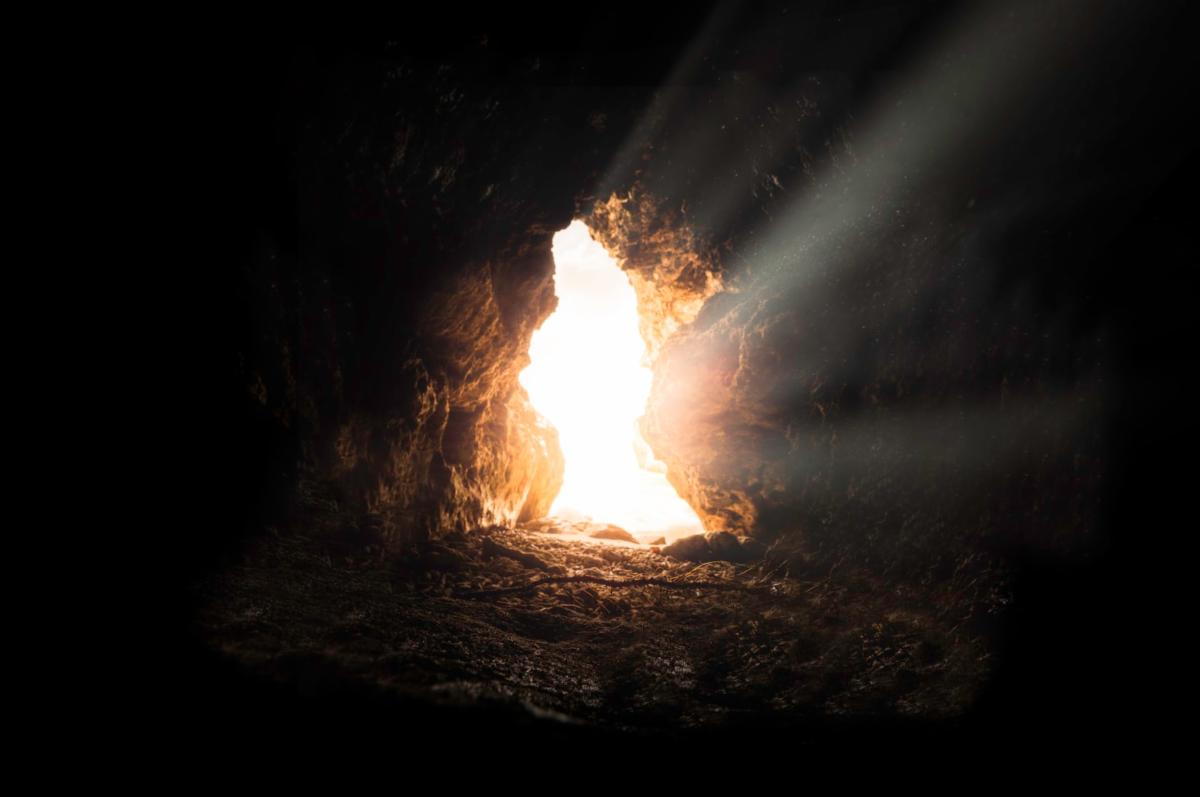 Obviously, David was not expecting that the fulfillment of the resurrection would apply to him. David died and has not experienced a resurrection. Peter’s application to it was correct. The crowd listening to Peter knew the Old Testament. They could argue with Simon, but not with the Scripture.
Obviously, David was not expecting that the fulfillment of the resurrection would apply to him. David died and has not experienced a resurrection. Peter’s application to it was correct. The crowd listening to Peter knew the Old Testament. They could argue with Simon, but not with the Scripture.
In addition to the focus of David’s prophecy, we read of the force of David’s prophecy (vv.30-31).
The force involves the lineage of David (v.30a) and the Lord of David (v.30b-31). Look at what Peter highlights: “therefore, being a prophet, and knowing that God had sworn with an oath to him, that of the fruit of his loins, according to the flesh, he would raise up Christ…”
David knew that one of his descendants was going to be the Messiah. Our text states, “…He would raise up Christ to sit on his throne; he seeing this before spake of the resurrection of Christ, that his soul was not left in hell, neither his flesh did see corruption.”
From David was to come the Messiah who would sit on David’s throne as David’s Son and Lord. Jesus had not been born in a palace and had never come anywhere near a palace. The Jews had murdered Him. He died a death of Shame. However, the resurrection was part of God’s divine plan. That was the force of Psalm 16. David had seen it. Now, the Jews had to see it.
- We now move to the fulfillment of David’s prophecy (vv.32-36):
by the saints (v.32), “This Jesus had God raised up, whereof we all are witnesses.” Peter had 120 witnesses to prove it. Everybody knew that Peter was telling the truth. - by the Spirit (v.33), “Therefore, being by the right hand of God exalted, and having received of the Father the promise of the Holy Spirit, he hath shed forth this, which ye now see and hear.” The coming of the Holy Spirit was crowning proof. Jesus was not seated at the right of God. The outpouring of the Holy Spirit proved that Jesus was alive.
- by the Scripture (vv.34-35), “For David is not ascended into the heavens; but he saith himself, the Lord saith unto my Lord, sit thou on my right hand, until I make thy foes thy footstool.” Peter quoted Psalm 110:1 which clearly declared the deity of Christ. No Hebrew father would call his son “lord,” but David did. David acknowledged that the One who would be born in his royal line would be his sovereign Lord. Peter told the Jews that the Lord Jesus was now waiting until his enemies became His footstool. Therefore, they could expect judgement to come.
- by the supernatural (v.36), “Therefore let all the house of Israel know assuredly, that God hath made that same Jesus, whom ye have crucified both Lord and Christ.” They had crucified Him, God had crowned Him. They had entombed Him, God had enthroned Him. They cast Him out. God caught Him up. They had executed Him. God had exalted Him.
We Need To Evangelize The Sinner In The World (Acts 2:37-41)
 We first note that sin Is exposed (v.37), “Now when they heard this, they were pricked in their heart, and said unto Peter and to the rest of the Apostles, Men and Brethren, what shall we do?
We first note that sin Is exposed (v.37), “Now when they heard this, they were pricked in their heart, and said unto Peter and to the rest of the Apostles, Men and Brethren, what shall we do?
Conviction is the Holy Spirit’s first work in a human heart. He makes people see their personal accountability before God for what they have done and what they need to do. There can be no genuine conversion without conviction. A person under conviction feels that he had to do something to make things right with God.
Next, salvation is expressed (v.38a,b). We read, “Then Peter said unto them, Repent, and be baptized every one of you in the name of Jesus Christ for the remission of sins.”
They had to separate themselves from their horrendous national sin. Repentance is a deliberate turning away from a previous course of conduct. However, their repentance had to be just as public as the national sin had been expressed. That was to be done through water baptism. This baptism was to be in the name of Jesus Christ because it is a public acknowledgment of the fact that they were accepting Jesus as Saviour from sin. Peter was proclaiming an end to animal sacrifice as a way for forgiveness of sin. Jesus was now the sacrificial Lamb of God who would take away the sins of the world.
And, we see that the Spirit is experienced (vv.38c-39). Note what Peter said: “…And ye shall receive the gift of the Holy Spirit. For the promise is unto you, and your children, and to all that are afar off, even as many as the Lord our God shall call.”
Now Peter says that the Holy Spirit is for you. Some of those were guilty of shouting to Pilate, “Let Him be crucified” (Matt. 27:23). “To your children,” even though they had cried, “His blood be on us and on our children (Matt. 27:25). And it was “to as many as are afar off” — it was by no means confined to the Hebrew people.
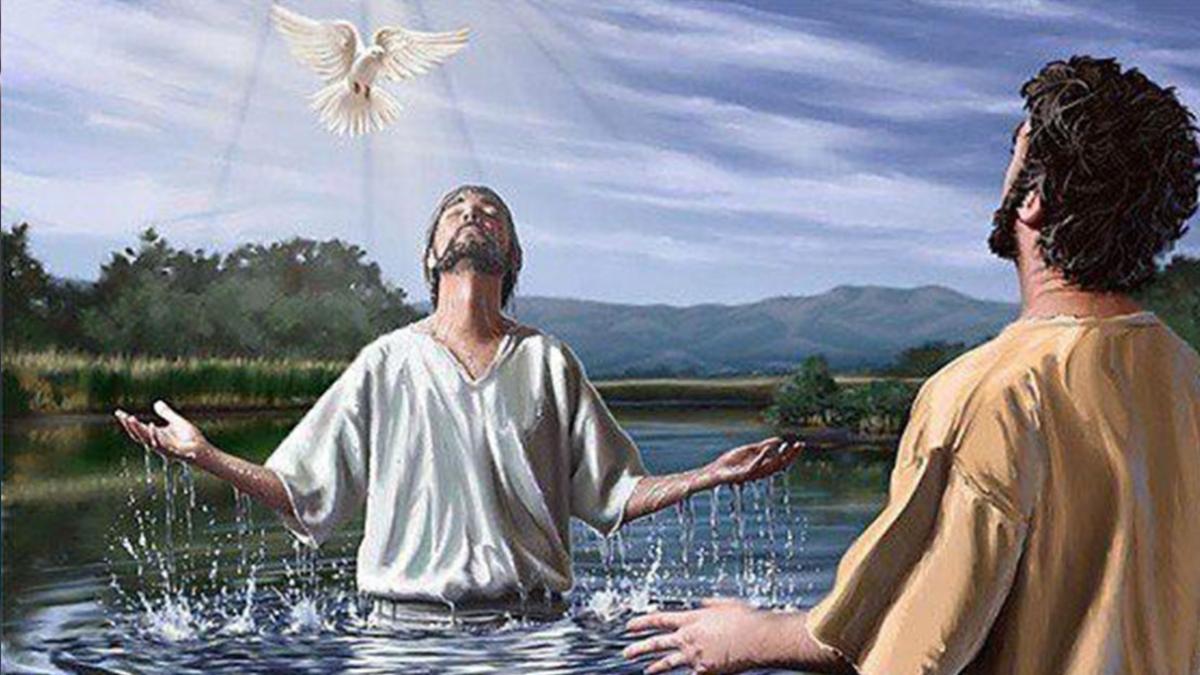 With all of this taking place, the sermon Is effectual (vv.40-41). We learn of Peter’s appeal (v.40), with “and with many other words did he testify and exhort, saying, save yourselves from this untoward generation.” There is a sense of urgency in the voice of Peter. Upon Peter’s appeal, there is the people’s acceptance (v.41). The Scripture states, “then they gladly received his word were baptized: and the same day there were added unto them about three thousand souls.
With all of this taking place, the sermon Is effectual (vv.40-41). We learn of Peter’s appeal (v.40), with “and with many other words did he testify and exhort, saying, save yourselves from this untoward generation.” There is a sense of urgency in the voice of Peter. Upon Peter’s appeal, there is the people’s acceptance (v.41). The Scripture states, “then they gladly received his word were baptized: and the same day there were added unto them about three thousand souls.
Peter’s sermon brought forth instant results. There was a mighty move of the Holy Spirit on the audience. What an altar call! As we move forward to Pentecost and beyond, let’s preach like everything depended on us but humble ourselves, knowing ultimately everything depends on the power and Person of the Holy Spirit.















